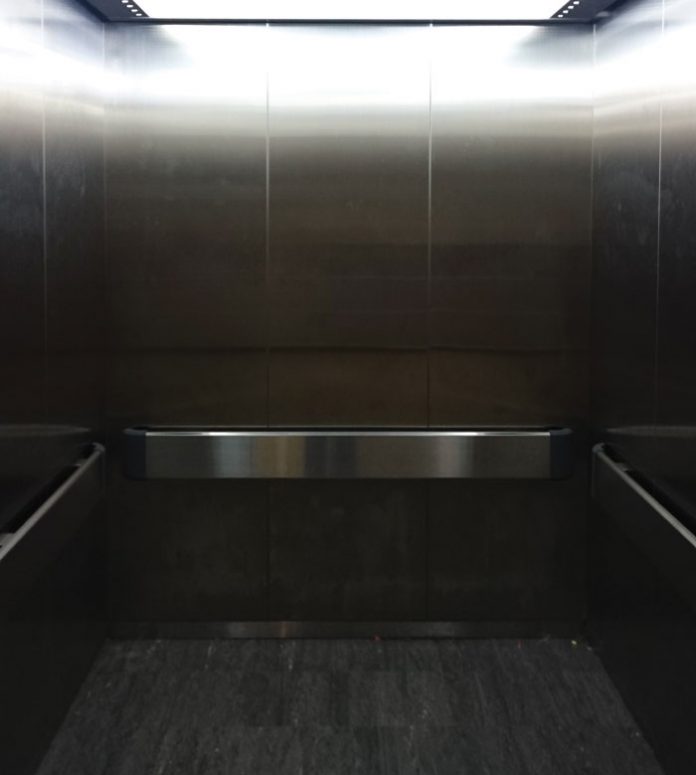I saw the young girl as I entered the elevator, and I was struck by how sad she looked. Even in the hospital, where one sees so many pain-filled faces, the haunted look on her face was striking. I wondered what her story was. Was someone in her family very sick or dying? What unimaginable trauma was she going through?
We both exited the elevator on the same floor, the ICU unit for cancer patients. I had come to visit my father, who was battling leukemia, and she, I later learned, was visiting her mother. I did not know what type of cancer her mother was fighting or how ill she was.
Over the next few days, I saw this young girl often, either in the hallways, where she was usually pacing and talking nervously on the phone, or in the family room saying Tehillim. She looked so pitiful that I wanted to reach out to comfort her, but I didn’t know how to approach her. What would I say? “Hi, I see you here every day. You look sad…” Of course she was sad; her mother was very sick.
Then one day, my husband went down to the Bikur Cholim room on the floor below to get some refreshments. When he returned, he said to me, “I saw that girl whose mother is here, the one you first met in the elevator. She’s in the Bikur Cholim room crying hysterically. It’s so sad. Maybe she needs some help. Maybe you want to ask her?”
“I don’t think I should say anything. I wouldn’t want to be approached by a stranger offering me help. I don’t think she wants us to ask,” I told him.
That night I stayed in the hospital overnight with my father. I was hungry and needed a change of scenery, so I went down to the Bikur Cholim room.
The room was nearly empty at this hour except for the young girl, who was dozing off in a chair. Her face was tear-stained; it looked as though she had been crying for a while.
As if sensing my gaze, she startled, opening her eyes and sitting up. Her muscles were rigid, her face taut. I wondered if I should say something but finally decided against it.
The next time I met her, I was on my way out of the ICU. She was standing in the hallway near the elevators, sobbing as if her heart would break into pieces. This time I could no longer ignore her pain.
“Do you need anything?” I asked, hoping she wouldn’t hate me for asking. The last thing I wanted was to be intrusive. “Is there anything I can do to help?”
She continued to sob, ignoring me.
“I don’t want to intrude,” I said softly, “but if you need help, I’m here for you.”
“I want to see my mother,” she finally responded between sobs. “They won’t let me.”
“Who’s ‘they’?”
She shrugged. “My aunt and uncle. They keep telling me that they don’t want me to see her like this.”
I listened as her story tumbled out so fast I could barely understand her. It was as though she was finally able to talk about something she had kept inside for a while. Her name was Chana Miriam, she said; she was 13 and lived not far from me. Her parents were divorced, and she had almost no contact with her father. Her mother had been diagnosed with lymphoma five years earlier. She had only one brother, who was 15; he was away in yeshivah, and she was staying with her aunt.
Her mother had been hospitalized on and off for months, traveling to Boston and later to Cincinnati for bone marrow transplants, and coming back home to recuperate. Chana Miriam’s voice trembled as she described the last few months, how her mother’s condition had steadily deteriorated, how the doctors had predicted that she did not have long to live.
“A few days ago my mother started coughing up blood, so they rushed her here,” Chana Miriam whispered. “When we got here, I heard my uncle call the chevrah kaddisha, but miraculously my mother made it through the night, and now I’m told her condition is stable, or so they say. But for the past few hours, my aunt and uncle haven’t let me go in to see her.”
“Why not?” I asked gently.
Chana Miriam sighed. “I heard my aunt tell her friend on the phone that my mother looks terrible, like someone who’s not alive anymore. She’s barely conscious. When my aunt saw that I had overheard her conversation, she told me my mother wouldn’t want me to remember her this way. But I want to go see her. I don’t care how she looks. I want to see my Mommy.” And she began sobbing anew.





















